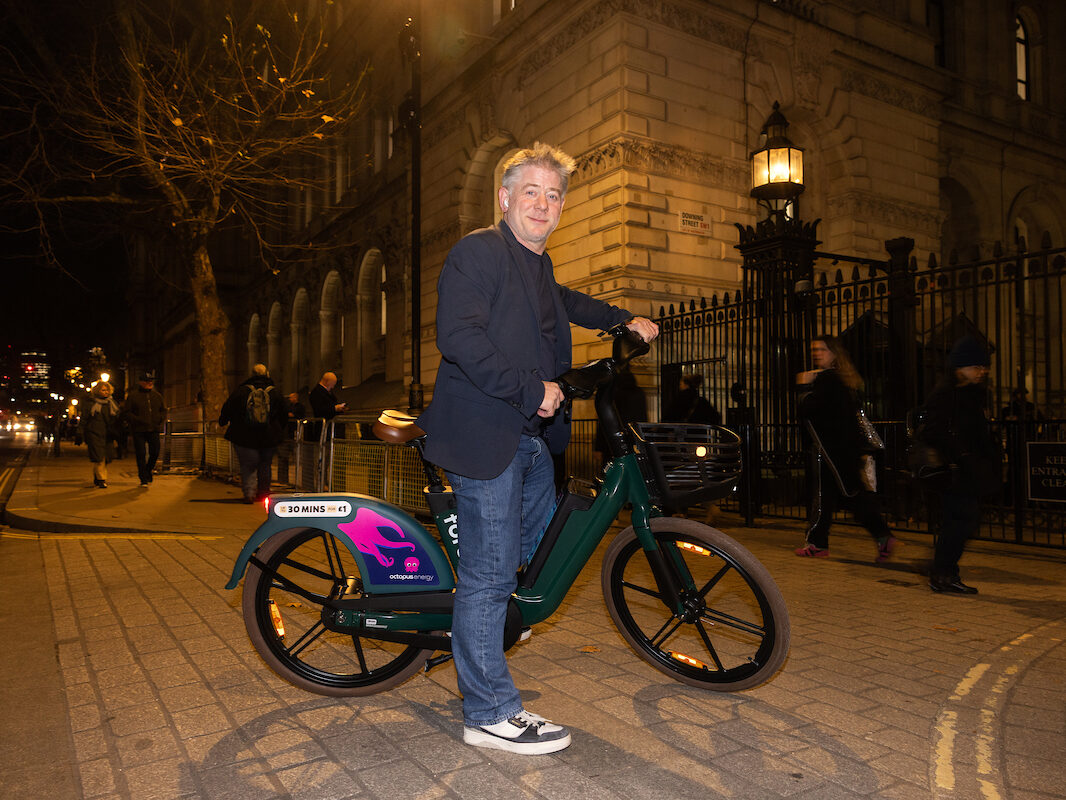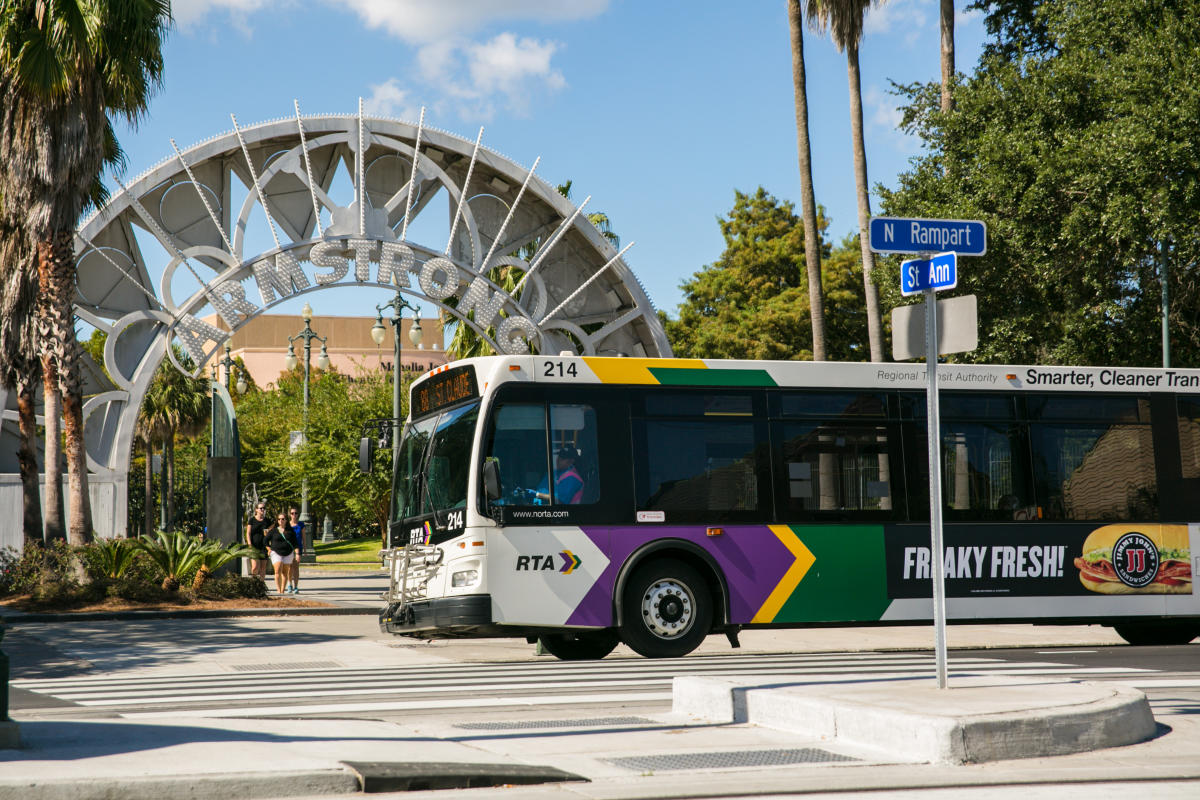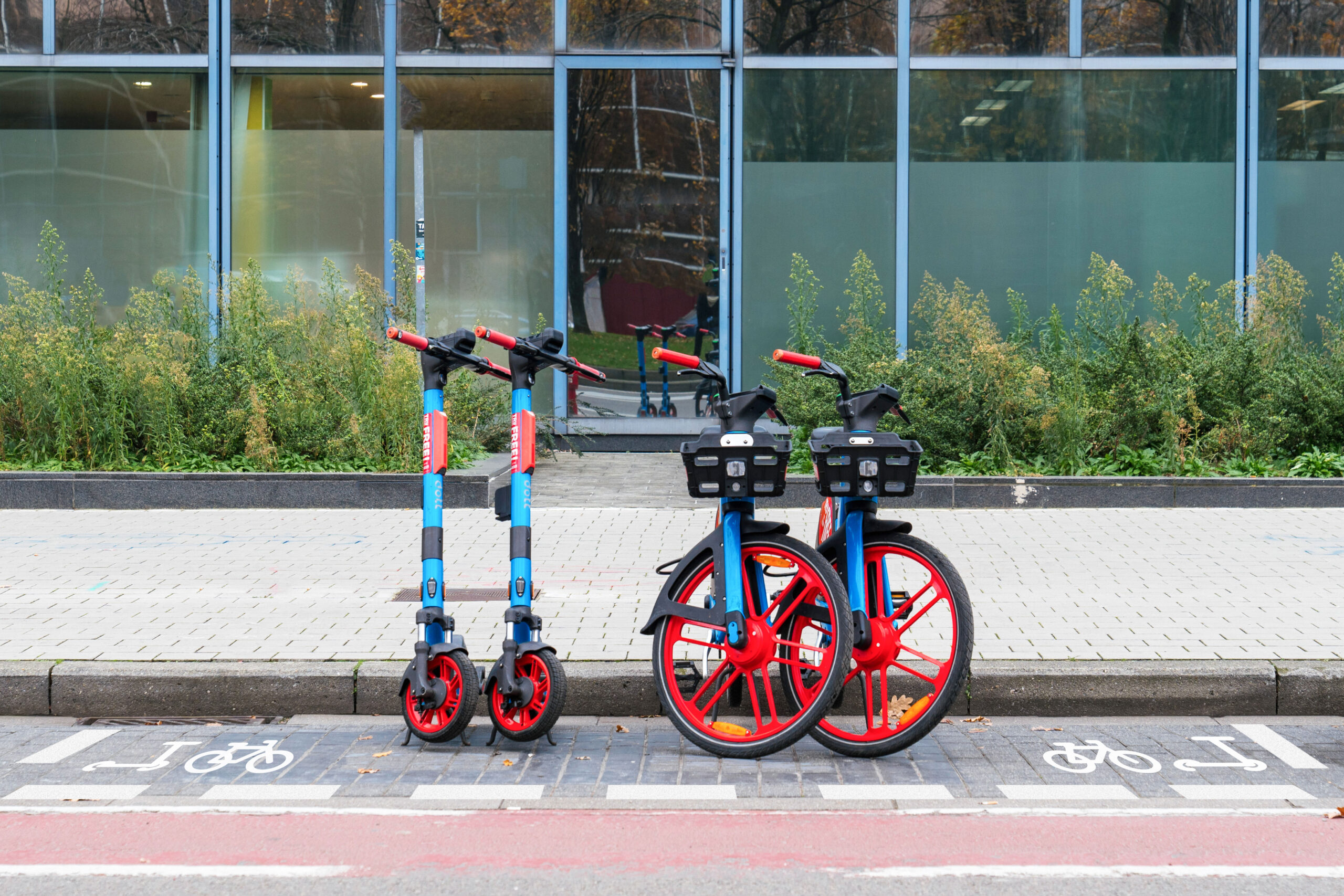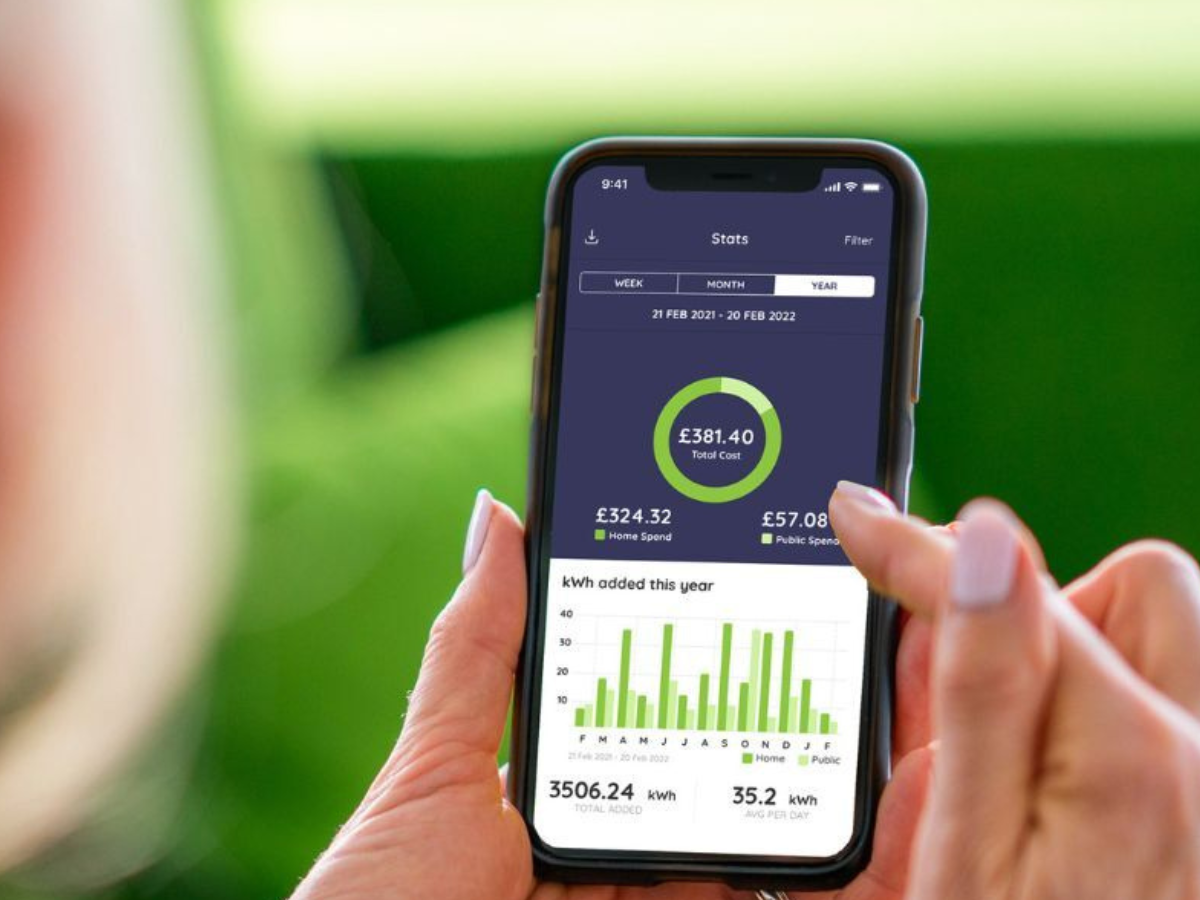New York City Mayor, Eric Adams, has announced plans to install a series of new, lithium-ion battery chargers as part of a pilot programme to allow delivery workers to charge their e-bikes in public spaces.
The scheme, which is being developed as part of the Charge Safe, Ride Safe plan, aims to trial different implementation paths to inform future citywide provisions for e-bike charging, whilst also collecting feedback from delivery drivers testing the system.
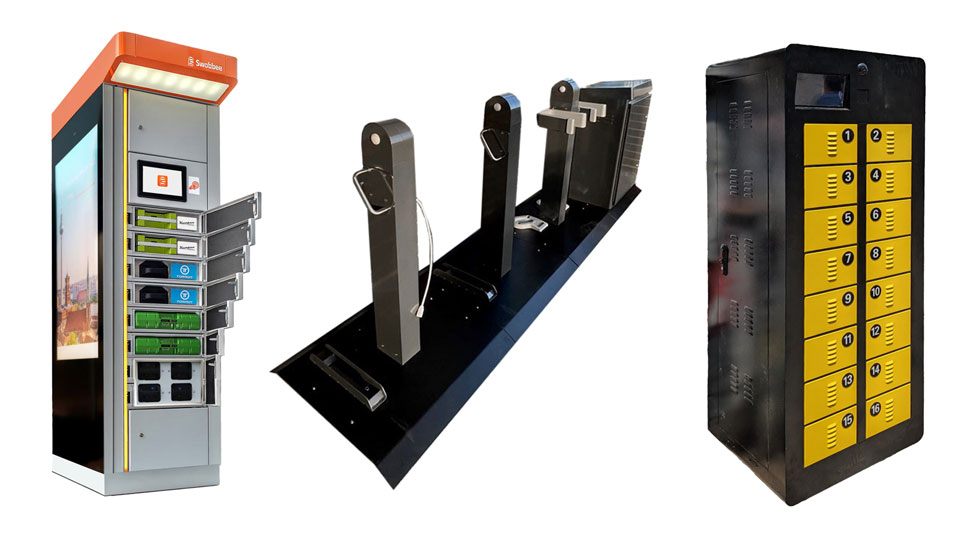
Multiple chargers will be placed throughout the city, utilising various forms of battery technology such as battery-swapping networks and secure bike parking docks that will also supply a fast charging service. The technology is set to be provided by Swobbee, Swiftmile and Popwheels.
Mayor Adams said:New Yorkers rely on delivery workers for so much, and this innovative pilot program will test different technologies to make this technology safer as we continue to do all we can to help protect workers from the dangers that lithium-ion batteries can pose.
By investing in battery-swapping networks and fast-charging e-bike docks, we’re building e-bike-friendly infrastructure and preparing our city’s streets for a new generation of users. Today’s announcement builds on our holistic strategy to ensure that we safely harness the transformative potential of e-bikes in our city.
The pilot was developed by the Department of Transportation (DOT) over the last six months through its own DOT Studio, a research and development partnership with the New York City Economic Development Corporation (EDC) and Newlab. DOT collaborated closely with the FDNY, as well as local delivery workers when choosing providers for the charging technologies.
Recent efforts to develop additional public charging options for the city include the establishment of ‘deliverista’ hubs, which aim to turn vacant infrastructure throughout the city into e-bike charging hubs, providing a safe space for delivery drivers. In addition, the city received a 25 million USD US Department of Transportation grant for 173 outdoor electric-micromobility charging and storage stations across 53 NYC Housing Authority developments.
Launched in June, the Charge Safe, Ride Safe initiative plans to expedite investigations into potentially hazardous conditions concerning lithium-ion batteries. A joint effort from Mayor Adams, FDNY Commissioner Kavanagh and New York City Small Business Services Commissioner Kevin Kim, the scheme will see bike shops advised on the dangers of lithium-ion batteries, as well as given advice on how to avoid fires.
The initiative has been launched in the wake of a rise in fires caused by electric micromobility devices in the last four years, with the number of fires growing from 30 in 2019 to 253 in 2023.





